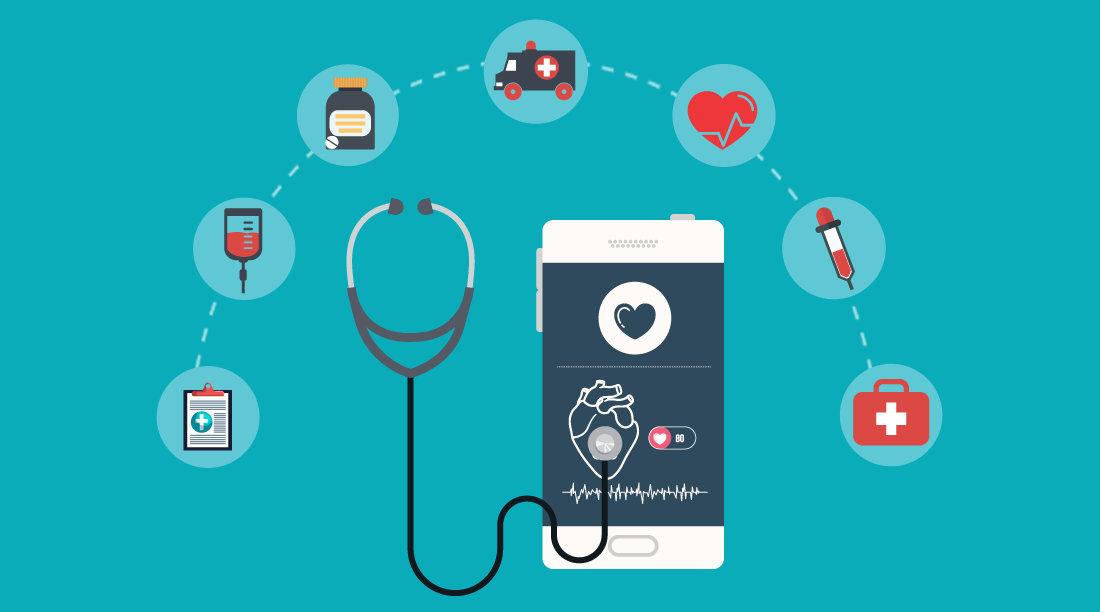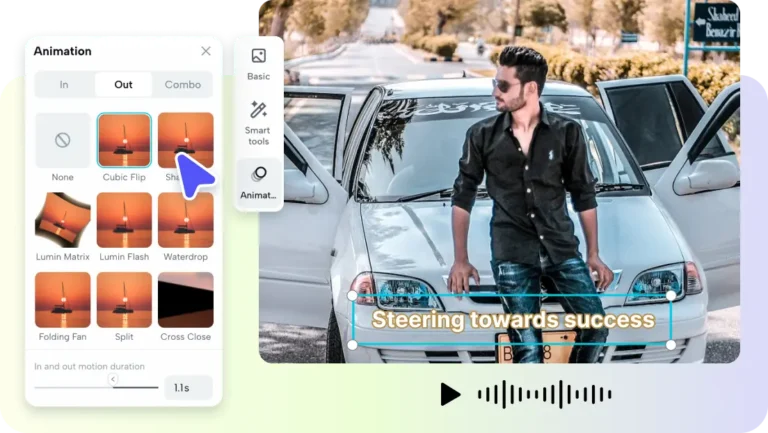
Health is the greatest wealth. Over the years, consumers and service providers have woken up to the aftermaths of the contemporary lifestyles that are taking a toll on their well-being. Exactly, there’s been a surge in Canadian mobile app development services offering a wide variety of health tech applications.
Given the rise in demand for such apps, development companies have been implementing fast-to-market strategies such as low-code and no-code. It works because the pre-built templates enable non-tech professionals to build and deploy apps.
Gartner predicts that over half of low-code customers will come from outside the IT industry by 2025. In this blog, we will explore the scope of low code development in healthcare and the benefits it can bring to the sector.
Quick development and deployment of health tech apps
From scheduling systems and drug discovery to patient engagement and data management, the scope of low code development in the healthcare sector is vast. Building healthcare apps quickly, using pre-built components, can significantly reduce development time and streamline the process. Here’s a 200-word overview of how to achieve this:
In the fast-paced world of healthcare, there’s a growing need for efficient, reliable, and user-friendly applications. Developing these apps quickly can be achieved by leveraging pre-built components and following a structured approach.
- Identify Core Features: Define the core functionalities of your healthcare app, such as patient records, appointment scheduling, or telehealth capabilities. This will help you prioritize pre-built components.
- Select a Pre-Built Framework: Choose a development framework or platform that offers pre-built components specifically tailored to healthcare applications. These frameworks often include pre-designed user interfaces, data models, and integrations with healthcare systems.
- Customize to Fit: While pre-built components save time, it’s essential to customize them to meet the specific needs of your application. Adapt user interfaces, workflows, and data structures to align with your healthcare app’s unique requirements.
- Interoperability: Ensure that your healthcare app can seamlessly integrate with other healthcare systems and databases. Pre-built components should be designed with interoperability in mind, enabling efficient data exchange.
- Compliance and Security: Healthcare apps must adhere to strict regulatory standards like HIPAA. Ensure that pre-built components and your customizations maintain compliance and robust security measures.
- Testing and Validation: Rigorous testing is critical to ensure the reliability and accuracy of healthcare apps. Pre-built components should undergo thorough validation to identify and resolve any issues.
- User Training and Support: Even with pre-built components, user training and support remain crucial. Ensure that your app’s users, including healthcare professionals and patients, receive proper guidance.
By integrating pre-built components into your healthcare app development process, you can expedite the project, reduce costs, and maintain high-quality standards while still accommodating the specific needs of the healthcare industry.
Opportunity in Healthcare app development
The trends around app development in Toronto include using drag-and-drop interfaces and pre-built templates that make it easy for non-technical users to create and deploy applications.
Gartner’s 2021 research shows that over 41% of non-IT staff create or modify technological solutions across various industries. Additionally, Gartner predicts that by 2025, over half of low-code customers will be individuals outside of the IT industry.
Enables Large Scale Clinical Testing
The field of drug discovery extensively depends on repetitive testing and the thorough documentation of outcomes, rendering it a prime candidate for automation. Low code software can create agile applications that control the necessary hardware for mixing reagents, conducting tests, and documenting results more efficiently than manual methods. Furthermore, the low-code solution can easily adapt to any changes in the formulation process.
Building Scheduling systems
Healthcare providers have the ability to rapidly establish scheduling systems. For instance, a healthcare service in the USA successfully designed an application for vaccinating more than 10,000 healthcare workers within a span of ten days.
Moreover, low-code solutions frequently include an auxiliary component that simplifies data interchange with central systems, employing formats such as JSON and XML as specified by HL7 FHIR.
The healthcare sector has already incorporated RPA and business process management into its IT infrastructure. Additionally, orchestration engines are frequently used to facilitate the movement of data between diverse and separate systems.
Low-code software efficiently manages complete orchestration between bots, patients, providers, and payers, eliminating the usual time and effort demands of a fully engineered and tested solution.
Types of Healthcare Apps
Patient Portal app
A low-code app that allows patients to access their medical records, schedule appointments, and communicate with their healthcare providers through a secure online portal.
Medication Management app
A low-code app that helps patients keep track of their medications, set reminders, and refill prescriptions, reducing the risk of medication errors. Such a medical management application enables healthcare providers to effortlessly oversee patient information, appointments, and treatment plans.
Clinical Trials Management App
A low-code application that automates and streamlines the clinical trial process, facilitating more efficient data collection and analysis for researchers, ultimately expediting the development of new treatments.
Low-code platforms can simplify and automate clinical trial management, making data collection and analysis more accessible for researchers and accelerating the development of innovative treatments.
Workflow Automation app
A medical app dashboard that eliminates repetitive tasks using automation will help in reducing the cost. A few components would include appointment scheduling, patient registration, and billing, freeing up staff to focus on patient care.
This can streamline and simplify tasks such as patient data management, appointment scheduling, and electronic prescribing, among others. It is easy to integrate pre-built app components into existing system landscapes and EHRs. This uses workflow automation.
Partner with Milliondev
As a pioneering software services in Toronto, Milliondev offers a wide range of app development products for the healthcare sector. This has positioned the company among the top healthcare app development companies in the world. Intrigued? Reach us to explore more about the app development expertise for a range of other sectors.







